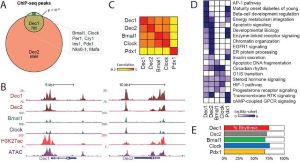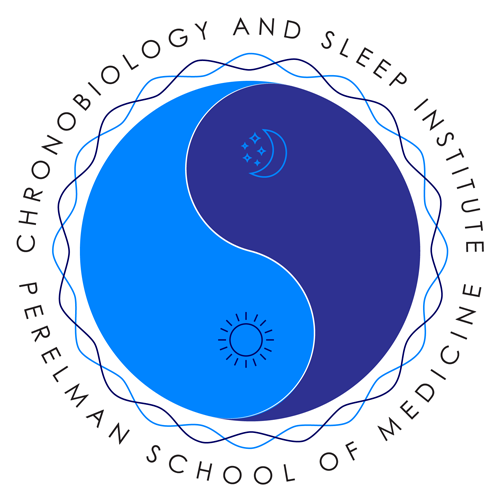- Home
- CSI Research Spotlight
CSI Research Spotlight
Skarke Lab
JTK_CYCLE: From Bench to Bedside - Rhythmic Blood Pressure Profiling Identifies Kidney Disease Patients at Risk of Cardiovascular Death
- The absence of diurnal rhythms in ambulatory blood pressure tracings among chronic kidney disease patients in the CRIC cohort, as assessed by the JTK_CYCLE algorithm, is linked to a higher risk of cardiovascular death, especially in CKD patients with established cardiovascular disease.
- This association is independent of blood pressure control or dipping status.
- This study suggests rhythmic blood pressure components as a potential novel biomarker to unmask excess risk among CKD patients with prior cardiovascular disease.
Alvarez Lab
New tricks for old clocks: Decs and the age-specific circadian regulation of beta cell functional maturity

- Dec1 and Dec2 mark mature pancreatic Beta cells in humans, pigs, and rodents
- Mice missing Dec1 are diabetic due to poor insulin responses to glucose
- Ablating the Dec1 gene in Beta cells disrupts the circadian cycling of metabolic genes
- Dec1 is needed for proper Beta cell function to avoid developing diabetes
Perlis Lab
The Muench/Perlis group has been busy! Check out our work on COVID-related fatigue, the safety & efficacy of hypnotic medications, and the impact of estradiol on sleep in pregnancy!
COVID-19 symptom severity predicts long term fatigue
The goal of this work was to: (1) Characterize the prevalence and incidence of high fatigue at baseline; (2) Examine the impact of COVID-19 diagnosis on fatigue level following acute illness; and (3) Examine the impact of acute COVID-19 symptom severity and duration on fatigue at follow-up. We found that testing positive for COVID-19 was significantly associated with higher fatigue at follow-up. COVID-19 symptom duration and severity were significantly associated with increased fatigue at follow-up. COVID-19 symptom duration and severity during acute illness may precipitate longer-term fatigue, which could have implications for treatment planning and future research.
Sedating antidepressants may represent the best treatment for insomnia
We analyzed five classes of sleep promoting medications and found that overall, the combined metric for risk-benefit suggests that treatment with a sedating antidepressants, such as Doxepin, are optimal and potentially represent the best first line therapy for the medical management of insomnia.
Increases in estradiol during pregnancy lead to decreased sleep in Syrian hamsters
We evaluated hormone-simulated pseudopregnancy (HSP) in female Syrian hamsters to test the hypothesis that pregnancy-like increases in estradiol decrease sleep in the absence of other factors. The data suggest that increased levels of estradiol during pregnancy are associated with sleep suppression, which may be mediated by increased activation of hypothalamic nuclei.



